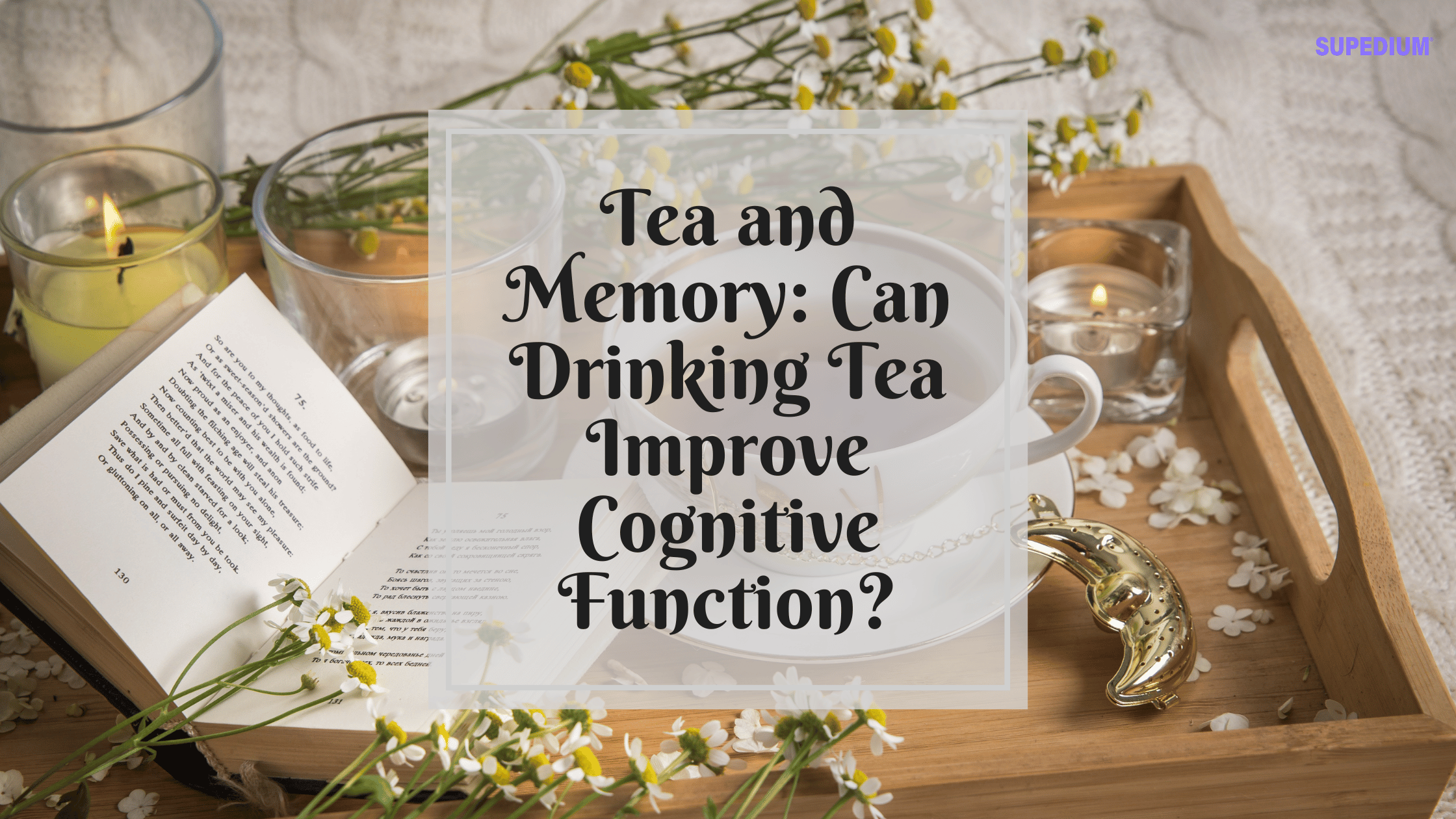Table of Contents
![]()
Understanding the intricate connection between physical and mental health is essential for optimizing overall well-being. This article explores how physical health influences mental health and vice versa, examining the mechanisms behind this interplay and discussing integrative approaches to promote holistic health.
I. Introduction
Physical Health
Physical health encompasses a range of factors including cardiovascular fitness, muscle strength, flexibility, and overall bodily function. Indicators of good physical health often include regular exercise, balanced nutrition, and adequate sleep.
Mental Health
Mental health refers to emotional, psychological, and social well-being. It affects how individuals think, feel, and act. Key indicators include emotional stability, stress management, and cognitive function.
Importance of Understanding the Connection
Recognizing the link between physical and mental health is crucial for developing effective healthcare strategies. Addressing both aspects can lead to improved health outcomes and enhanced quality of life.
II. The Bi-directional Relationship Between Physical and Mental Health
A. How Physical Health Affects Mental Health
- Exercise and Mental Health
Regular physical activity is known to improve mood and reduce symptoms of depression and anxiety. Exercise promotes the release of endorphins, often referred to as “feel-good” hormones, which can elevate mood and provide a sense of well-being. Studies have shown that consistent physical activity can be as effective as medication for some individuals with mild to moderate depression.
- Nutrition and Mental Health
Nutrition plays a significant role in mental health. Essential nutrients such as omega-3 fatty acids, vitamins, and minerals impact brain function and mood regulation. For instance, deficiencies in vitamins like B12 and D have been linked to mood disorders. Additionally, the gut-brain connection suggests that a healthy gut microbiome supports mental health by influencing neurotransmitter production and reducing inflammation.
- Sleep and Mental Health
Adequate sleep is vital for cognitive function and emotional regulation. Sleep disorders, such as insomnia and sleep apnea, can exacerbate mental health issues like anxiety and depression. Quality sleep helps in mood stabilization, stress management, and cognitive clarity.
- Chronic Illness and Mental Health
Living with chronic conditions such as diabetes or cardiovascular diseases can significantly impact mental health. The stress of managing a chronic illness can lead to increased rates of depression and anxiety. Conversely, mental health struggles can complicate the management of chronic conditions, creating a cyclical problem that affects overall health.
B. How Mental Health Affects Physical Health
- Stress and Physical Health
Chronic stress has profound effects on physical health. It can lead to elevated cortisol levels, which can contribute to hypertension, cardiovascular diseases, and a weakened immune system. Stress also influences behavior, leading to unhealthy habits such as poor diet and lack of exercise.
- Mental Health Disorders and Physical Health
Mental health disorders like depression and anxiety can adversely affect physical health. For example, individuals with depression may experience changes in appetite and physical activity levels, which can lead to weight gain or loss and other health issues. Anxiety can contribute to physical symptoms like gastrointestinal problems and muscle tension.
- Behavioral Factors
Mental health affects lifestyle choices, which in turn impacts physical health. For example, individuals with mental health issues might engage in harmful behaviors such as smoking or excessive alcohol consumption. Poor mental health can also lead to neglect of self-care and medical adherence, worsening physical health conditions.
III. Mechanisms Linking Physical and Mental Health
A. Biological Mechanisms
- Neurotransmitters and Hormones
Neurotransmitters like serotonin and dopamine play critical roles in regulating mood and mental health. Physical activities such as exercise can increase the availability of these neurotransmitters, improving mood and mental clarity. Conversely, prolonged stress can disrupt neurotransmitter balance, contributing to mental health disorders.
- Inflammation and Immune System
Inflammation is a common pathway linking mental and physical health. Chronic stress and mental health issues can lead to systemic inflammation, which has been linked to various physical diseases, including heart disease and diabetes. On the other hand, physical health conditions that involve inflammation can also impact mental health.
B. Behavioral Mechanisms
- Lifestyle Choices
Mental health conditions can influence lifestyle choices such as physical activity and dietary habits. For instance, depression may lead to decreased motivation for exercise and poor dietary choices. In turn, these behaviors can worsen physical health.
- Coping Strategies
Engaging in physical activities can serve as an effective coping strategy for managing stress and mental health issues. Regular exercise has been shown to reduce anxiety and improve mood. Additionally, mental health support can aid individuals in managing chronic physical conditions more effectively.
IV. Integrative Approaches to Health
A. Holistic Health Models
Integrative health models emphasize the importance of addressing both physical and mental health in a cohesive manner. This approach recognizes that physical and mental health are interconnected and that treatment plans should consider both aspects to achieve optimal outcomes.
B. Preventive Measures
Preventive strategies can help in maintaining both physical and mental health. Encouraging regular physical activity, a balanced diet, and stress management techniques can prevent mental health issues and improve overall physical health. Additionally, mental health promotion should be incorporated into physical health settings to create a comprehensive approach to well-being.
C. Interventions and Therapies
Evidence-based interventions, such as exercise therapy and mindfulness practices, have been shown to benefit both physical and mental health. Multidisciplinary teams, including healthcare providers, mental health professionals, and nutritionists, can offer integrated care that addresses both physical and mental health needs effectively.
V. Case Studies and Real-World Applications
A. Success Stories
Numerous individuals and community programs have successfully integrated physical and mental health strategies. For instance, community health initiatives that promote physical activity and mental wellness have shown positive outcomes in reducing overall health care costs and improving quality of life.
B. Challenges and Considerations
Integrating physical and mental health care faces several challenges, including limited resources and varying access to care. Cultural and socio-economic factors also play a role in shaping individuals’ ability to address both aspects of health. Addressing these barriers is crucial for developing effective and inclusive health strategies.
VI. Conclusion
Summary of Key Points
The bidirectional relationship between physical and mental health is well-established, with each influencing the other in significant ways. Addressing both aspects of health is essential for achieving optimal well-being.
Implications for Future Research and Practice
Future research should continue to explore the complex interactions between physical and mental health and develop integrative approaches to healthcare. Healthcare providers and policymakers should focus on strategies that address both physical and mental health needs to enhance overall health outcomes and quality of life.
Share This





Be the first to comment